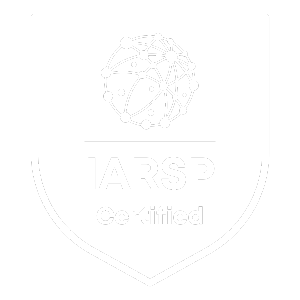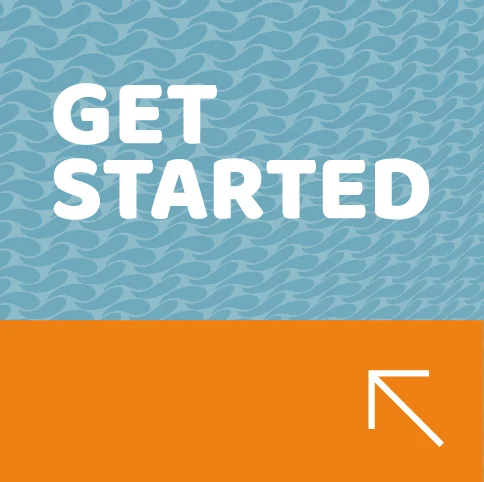Name
Position
Managing Director of StoryLux.
History
Simon is involved in a multitude of successful businesses and organisations. His current focus is on managing his main business, StoryLux. The company is unique in its development and use of a successful strategy which focuses on optimising email marketing.
He is also a board member of The Entrepreneur’s Organisation, was a Managing Director of Nextblock (an invitation-only online community for professionals in the Crypto and Blockchain industries), and is a founder of Academie Lounge, a hot spot of the Berlin International Film Festival.
Questions
1. Tell us about StoryLux, yourself and your background
StoryLux is a company that advises businesses on development, marketing and strategy. However, we do so with a specific focus on the use of, and optimisation of email marketing. I started this based on the idea that email marketing is unique because unlike other channels (LinkedIn/ Facebook, etc) you alone control the content that your target market is exposed to. The opportunity here has been hugely undervalued in the past.
My background involved training as a story analyst, analysing movie scripts. This involved identifying and focusing on which elements of the script were necessary to make a compelling story. This was helpful in regards to thinking about email marketing, specifically in terms of the focus on how to connect personally with a consumer. I also did a classic Business Administration degree. The email marketing and the technicalities of email I have learned and taught myself along the way.
2. The email marketing strategy that you have developed is highly successful. Please explain how it works?
We have a unique, 3 step process.
Step one: we look at the client’s existing email list. This can be comprised of thousands of emails. A random sample of this list is taken and analysed. We identify clusters of profiles and figure out what these individuals are looking for.
Step two: we then identify potential several touchpoints between the company and the people on their mailing lists. This means that when the company contacts that individual, they do so on a level that means they connect specifically and personally. The initial touchpoint isn’t trying to sell the actual product (for example a £3000 consultancy service). It is something like providing a free advice booklet and creating an authentic connection, before trying to sell the main service.
Step three: we then develop an email strategy based on how the consumer perceives and connects with the company.
3. Why did you decide to hire a virtual personal assistant?
I started my new business and needed someone to bounce ideas back and forth with, as well as help with admin. I also believe that more people and a diverse range of people on a team earlier on is highly beneficial.
4. Why did you choose A Virtual?
Initially, I chose A Virtual based on competitive pricing, followed by the ease of finding people to help with specific tasks. Additionally, I really liked how relevant profiles of highly competent virtual assistants were suggested for the jobs which I outlined. I have come to understand that competitive pricing by no means equals lower quality of work produced.
5. What is the most helpful thing your virtual assistant does for you?
Being able to bounce back and forth ideas with someone who understands our business is super helpful. Outsourcing feedback is good in this way, as it means you have to be extremely clear on your strategy and goals.
6. What advice would you give to anyone wanting to hire a virtual assistant?
There is a misconception that price advantage means less competence. Just because someone is affordable, it doesn’t mean they are less competent. There is a huge advantage to using A Virtual terms of competitive pricing and very high-quality services. I would also say ensure that you are super clear about what the job at hand is. Ensure that you have clear KPIs and a strong focus on results. Really think of what needs to be done and how you are going to measure it
7. Finally, what are the most valuable lessons you have learned as an entrepreneur
Patience: Things always take longer than you expect. ‘Overnight successes’ that you see have had years in the making.
Focus: Distraction is a huge danger for small businesses. Be careful as to what you feel compelled to say yes to. Many things can be more of a distraction than a benefit.


